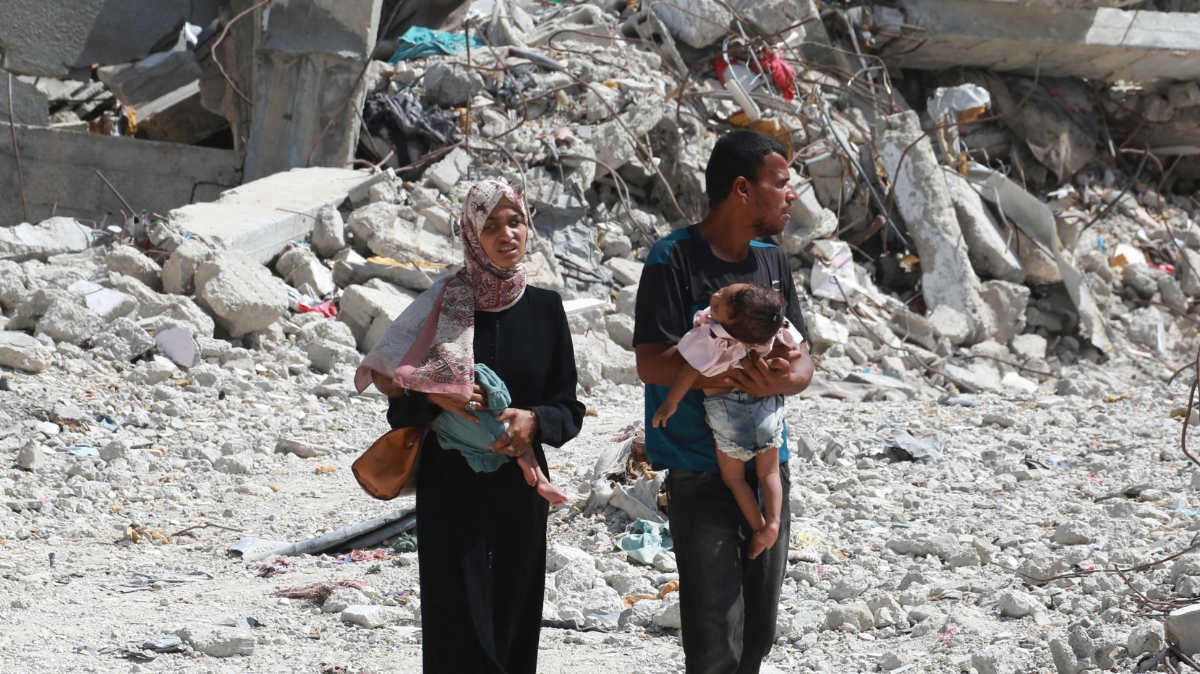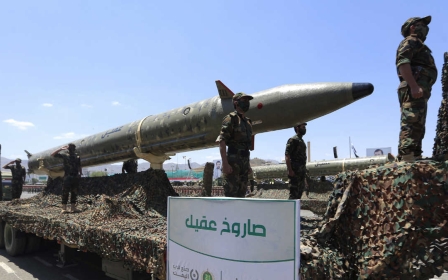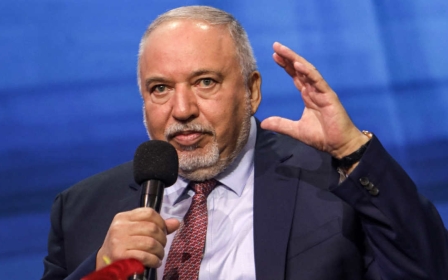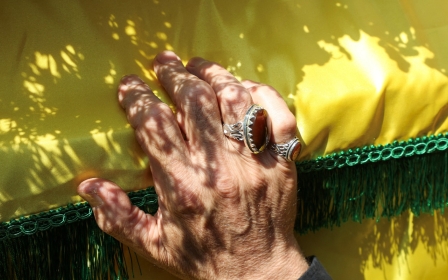US sees 'breakthrough' in Gaza ceasefire talks, Israeli spy chief heads to Qatar

The US declared a “breakthrough” in ceasefire talks between Hamas and Israel, suggesting the two were close to finding a deal that would end fighting in the besieged enclave.
"We've had a breakthrough," a senior US official told reporters on a conference call on Thursday, but cautioned it could still take days to close a deal and “significant” work remained.
The White House announced that US President Joe Biden held a phone call with Israeli Prime Minister Benjamin Netanyahu earlier in the day, where the two discussed Israel's review of Hamas's response to a ceasefire proposal.
“The President welcomed the Prime Minister’s decision to authorize his negotiators to engage with US, Qatari, and Egyptian mediators in an effort to close out the deal,” a White House statement of the call said.
The announcement comes as fears mount that Israel’s war on Gaza is on the verge of escalating beyond the besieged Mediterranean enclave's borders, with an all-out war between Hezbollah and Israel on the horizon.
New MEE newsletter: Jerusalem Dispatch
Sign up to get the latest insights and analysis on Israel-Palestine, alongside Turkey Unpacked and other MEE newsletters
On Thursday, Hezbollah said it launched more than 200 rockets and drones at Israel after one of its top commanders was killed by Israel’s military on Wednesday.
The US has insisted that Israel is ready to agree to a ceasefire in Gaza and the senior US official cast the new development as a result of Hamas making a "significant adjustment" in its demands.
Hamas says it wants to ensure that an initial deal to exchange hostages in Gaza for Israeli prisoners leads to a permanent end to the war and will not revert to Israel restarting its offensive. Israel has repeatedly said it won’t stop fighting until it destroys Hamas’s governing and military capabilities.
Spectre of regional war
On 31 May, Biden unveiled a three-stage ceasefire proposal that he said would lead to a permanent end to the war.
One of the points Hamas and Israel have disputed is in the second phase, when an exchange of all remaining living hostages, including male soldiers, should take place and all Israeli troops should be withdrawn from the Gaza Strip.
Biden said the ceasefire would continue so long as Hamas and Israel continued negotiations into phase three.
Axios Reporter Barak Ravid said on X that one of Hamas’s responses to the new ceasefire proposal was an alteration to language in Article 14 of the draft that would change language stating the US, Qatar, and Egypt are going "to make every effort" to continue the negotiations until an agreement is reached on the second stage of the deal to “commit".

In a sign that the hostage talks have progressed, Reuters reported that Israel's spy chief David Barnea will travel to Qatar himself to resume the negotiations. The talks are expected to happen on Friday, and Barnea will meet Qatar's Prime Minister Sheikh Mohammed bin Abdulrahman al-Thani.
If a deal is reached, it could provide an off-ramp to a major conflict between Israel and Iran. MEE reported last month that US envoy Amos Hochstein communicated to Hezbollah that it had roughly five more weeks to reach a ceasefire with Israel or the US would back its ally’s offensive on the Iran-backed group.
On Monday, Kamal Kharrazi, an advisor to Iran’s supreme leader, said that Tehran would "use all means" to defend Hezbollah, setting the stage for a potential clash between Iran and the US.
“If we have a ceasefire in Gaza… I think it offers a real opportunity for de-escalation and to reach a lasting agreement [in Lebanon],” the senior US official said.
The talks come as Netanyahu is expected to address a joint session of Congress in July, while concerns grow among Democrats about Biden’s reelection odds against Donald Trump. US support for Israel’s war has split the Democratic Party among progressives who back a ceasefire and supporters of Israel.
Middle East Eye delivers independent and unrivalled coverage and analysis of the Middle East, North Africa and beyond. To learn more about republishing this content and the associated fees, please fill out this form. More about MEE can be found here.




